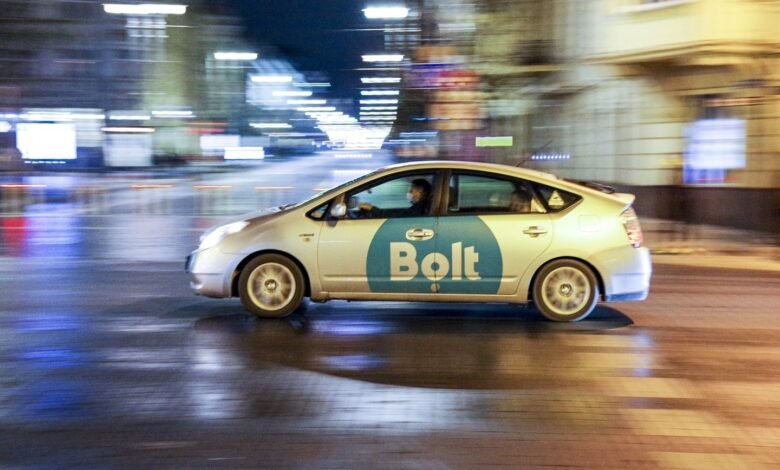
Bolt, best known in Kenya as a ride-hailing app, is betting big on the country’s fast-growing e-commerce sector with the expansion of its parcel delivery service, Bolt Send, into Mombasa and Kakamega. The move signals a strategic shift for the company as it aims to make parcel delivery as seamless and familiar as hailing a ride.
From Rides to Parcels
Bolt Send was first introduced in Nairobi as a feature within the existing Bolt app. The model is simple: users book a parcel delivery just like they would a ride, track it in real time, and pay based on distance and demand. Drivers, vetted through Bolt’s platform, handle the deliveries door-to-door.
According to Dimmy Kanyankole, Bolt Kenya’s Country Manager, the Nairobi rollout was phase one of the service. The company is now entering phase two, targeting new urban centers beginning with Mombasa and Kakamega. Intercity deliveries, he added, may also be considered if demand justifies the expansion.
Why Mombasa and Kakamega
The choice of cities reflects Bolt’s twin strategy of scale and experimentation. Mombasa, Kenya’s second-largest city and a vital port hub, has a buzzing commercial scene and a growing middle class increasingly open to digital services.
Kakamega, by contrast, represents a frontier. While not traditionally a focus for major tech rollouts, it has a lively trade culture and a rising appetite for app-based solutions. For Bolt, entering Kakamega is both a risk and an opportunity: if successful, it could set a precedent for parcel delivery in similar mid-sized towns that have largely been ignored by established courier firms.
Powered by Kenya’s E-Commerce Boom
The expansion comes as Kenya cements its position as one of Africa’s leading digital economies. Research firm Statista projects that the country’s e-commerce revenue will reach $922 million (Sh119.2 billion) in 2025, growing to $1.08 billion (Sh140.5 billion) by 2029.
A recent UN eTrade Readiness report ranked Kenya as the continent’s third-largest e-commerce market, thanks to widespread smartphone adoption, the 91% mobile money penetration, and a digitally savvy population. Yet logistics remains a weak link, with frequent complaints about delayed deliveries, opaque tracking, and high costs.
Bolt Send aims to smooth over those gaps by leveraging its existing driver network. “We are making last-mile delivery as seamless as booking a ride, significantly enhancing speed and efficiency for customers while unlocking new earning opportunities for drivers,” Kanyankole said.
Competition Heats Up
Bolt is stepping into a crowded and competitive parcel delivery landscape. Fargo Courier and G4S have long dominated corporate and cross-county logistics, with Fargo recently rolling out same-day delivery and real-time tracking to keep up with consumer expectations.
At the grassroots level, boda-boda couriers remain formidable competitors. Known for their speed, hyper-local knowledge, and affordable prices, they have built trust among small businesses and households alike. Bolt will need to prove why its app-based model offers more value than the neighborhood rider many customers already rely on.
Challenges and Questions
Bolt’s Nairobi model has worked, but questions linger about whether it can scale in cities with different delivery cultures, infrastructure, and traffic dynamics. Road conditions in western Kenya, for instance, pose a different challenge compared to Nairobi or the coast.
Building trust will also be critical. While Bolt enjoys strong brand recognition, competitors like Fargo and G4S benefit from long-standing reputations for reliability. Meanwhile, informal boda networks thrive on personal relationships and flexibility that an app may struggle to replicate.
Moving Forward
Key questions remain as Bolt Send ventures into Mombasa and Kakamega. Will everyday consumers adopt app-based delivery as quickly as those in Nairobi? Can Bolt maintain reliability while scaling? And how will traditional rivals and boda-bodas respond to a new competitor eyeing their turf?
What is clear is that Kenya’s delivery market is shifting. With e-commerce demand surging, parcel delivery is no longer an afterthought—it’s becoming central to how trade functions.





